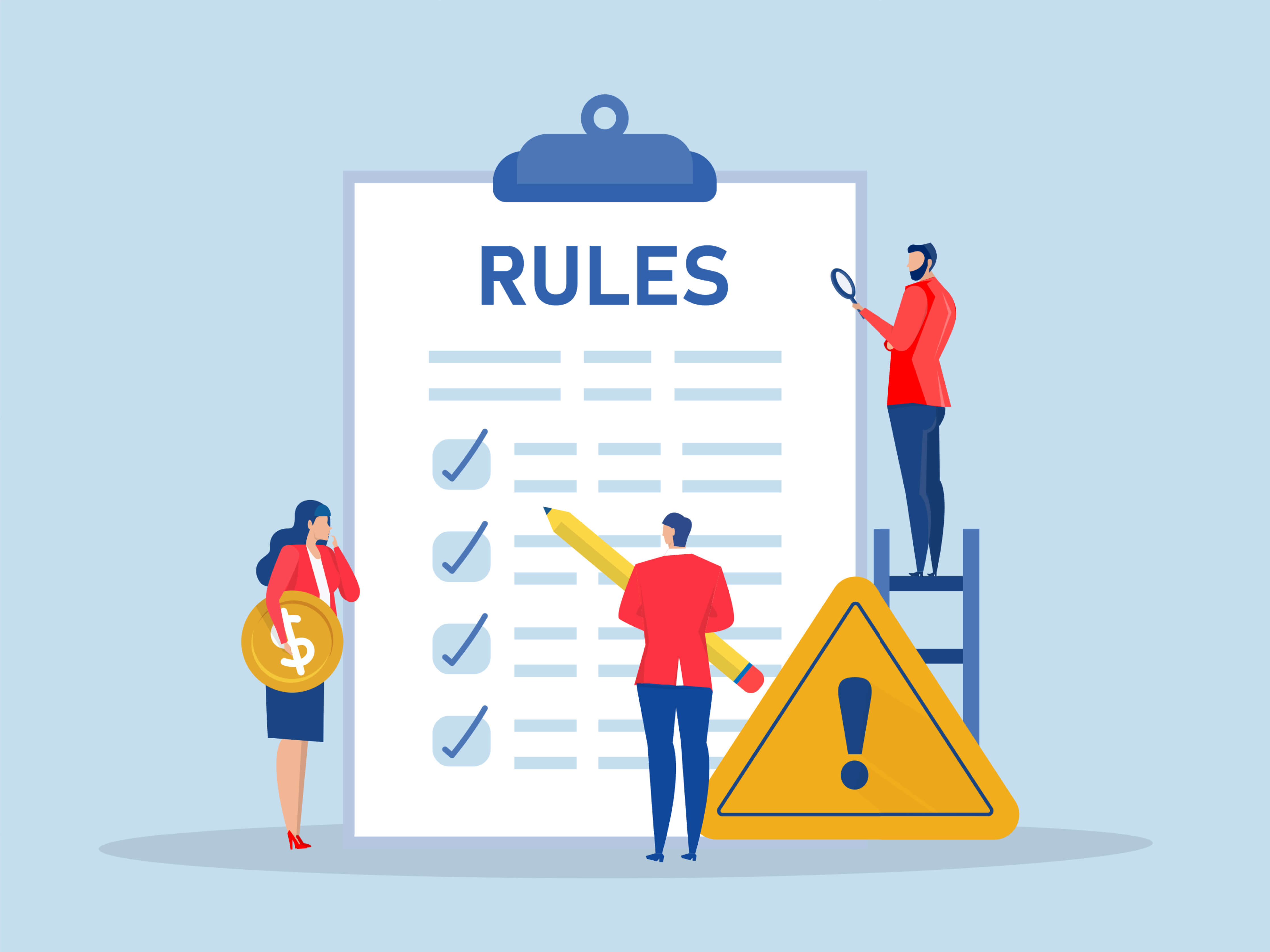
At Baron Payroll, we understand the sacrifices you’ve made to build your business. Maybe you remortgaged your house to get started. Maybe you’ve skipped vacations, missed family dinners, or worked countless late nights to make your dream a reality.
You’ve poured everything into your business. That’s why we’re here to help you protect it. Because the truth is, non-compliance isn’t just about fines or penalties—it can upend everything you’ve worked so hard to create.
Here’s what you need to know about staying compliant and avoiding the devastating consequences of labor violations.
What Happens When You Don’t Comply?
We’ve seen what happens when businesses fail to comply with labor laws. One story still sticks with us.
The owner of a popular Long Island restaurant chain ended up on the front page of the newspaper—in an orange jumpsuit, handcuffed. He owned four thriving restaurants. But behind the scenes, he wasn’t paying employees the overtime they were legally owed.
The Department of Labor found out. It wasn’t just fines or a temporary shutdown. He was arrested, his personal assets were seized, and his reputation was destroyed.
The Ripple Effects of Non-Compliance
The financial penalties of non-compliance are bad enough, but the ripple effects can be even worse:
1. Personal Liability
Many business owners assume an LLC or corporation protects their personal assets. But in cases of willful labor violations, the DOL can pierce the corporate veil.
If you’re not paying overtime, misclassifying employees, or violating wage and hour laws, your house, savings, and retirement accounts could all be at risk.
How to Stay Compliant:
- Follow labor laws to the letter.
- Invest in payroll systems that flag compliance issues before they become problems.
2. Reputation Damage
Word spreads fast when a business is caught violating labor laws. Customers, employees, and even vendors lose trust in your integrity. Rebuilding that trust is a long, uphill battle.
How to Stay Compliant:
- Treat employees fairly—they’re your greatest asset.
- Maintain a strong reputation by being transparent and proactive about compliance.
3. Employee Morale
Your employees notice when corners are cut. Unpaid wages, skipped overtime, or missing breaks can lead to resentment. Disgruntled employees are more likely to file complaints, putting your business directly on the DOL’s radar.
How to Stay Compliant:
- Pay employees what they’re owed, every time.
- Keep clear records of breaks, hours worked, and overtime.
4. Criminal Charges
Most labor violations result in civil penalties, but egregious or willful violations can escalate to criminal charges. The restaurant owner mentioned earlier didn’t just pay fines—he was arrested.
How to Stay Compliant:
- Never intentionally cut corners or ignore labor laws.
- Regularly audit your payroll practices to catch mistakes early.
The Hidden Costs of Non-Compliance
Non-compliance costs more than fines and legal fees. It brings hidden costs that can cripple your business:
- Emotional Stress: Sleepless nights, anxiety, and burnout can affect your health and decision-making.
- Family Strain: Financial stress and public embarrassment can take a toll on personal relationships.
- Opportunity Loss: While you’re tied up in audits or legal battles, your competitors are growing and expanding.
- Loss of Future Business: A tarnished reputation makes it harder to secure loans, partnerships, or investors.
How to Stay Compliant:
The best way to avoid these hidden costs is to be proactive. Regularly review your practices, invest in the right systems, and get expert advice when you need it.
Steps to Stay Compliant
At Baron Payroll, we believe compliance should be a cornerstone of your business strategy. Here’s how to make it happen:
1. Educate Yourself
Understand federal and state labor laws that apply to your business. Ignorance isn’t an excuse, and it won’t protect you from the DOL.
2. Use Reliable Payroll Systems
Automated systems help you track hours, calculate overtime, and ensure compliance with complex wage laws.
3. Audit Your Practices Regularly
Schedule routine self-audits to review payroll, timekeeping, and employee classifications.
4. Train Your Managers
Managers are your first line of defense. Make sure they understand labor laws and the importance of compliance.
5. Work with Experts
Payroll and labor laws are complicated. Partner with professionals who can provide tailored guidance for your business.
Why Compliance Matters
The restaurant owner from our story didn’t set out to break the law. He thought he was cutting costs to stay afloat. But by avoiding compliance, he lost everything—his business, his reputation, even his family.
We’ve worked with countless business owners who’ve learned this lesson the hard way. That’s why we’re here to help you avoid the same mistakes.
Compliance isn’t just about avoiding fines—it’s about protecting your livelihood and your dreams.
How Baron Payroll Can Help
At Baron Payroll, we specialize in helping businesses like yours stay compliant. Our advanced payroll systems and expert team ensure your employees are paid accurately and on time, while keeping you aligned with state and federal labor laws.
Ready to safeguard your business? Use our instant price calculator to see how Baron Payroll can help you stay compliant—without talking to a salesperson.
Don’t let non-compliance derail everything you’ve worked so hard to build. Take the first step today.

Are You Paying Too Much?
Send us your payroll invoice and get a FREE 10 min call to see if you’re getting ripped off.

Do you have ITIN workers?
Are you upset because your payroll company can't help?

How Much Does It Cost?
See detailed pricing now for each service without talking to a salesperson.


